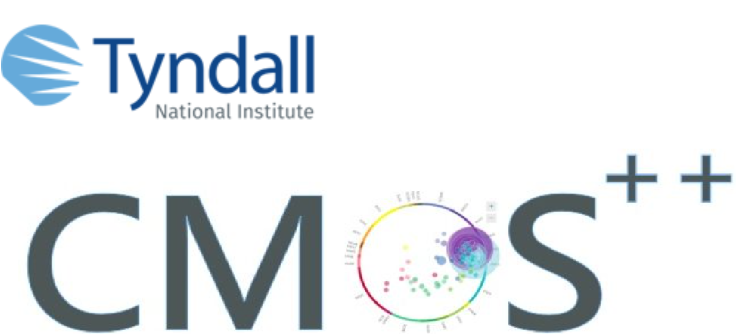Developments in nanoelectronic devices have seen feature sizes shrink to the point at which every atom counts and novel materials and structures are required to ensure continued developments. Therefore, atomic-scale simulations play an important role in investigating material properties on a wide range of material systems from semimetals and semiconductors to oxides, organic and inorganic materials and also in investigating device characteristics made of such materials. These simulations require the solution of the quantum mechanical Schroedinger Equation which governs the behaviour of electrons in atoms, molecules and materials. This in turn requires extensive high performance computing resources and software codes that can efficiently solve the equations of quantum mechanics.
Tyndall’s CMOS++ research cluster includes distinct activities focused on the modelling of materials, devices and processing for nanoelectronic devices of all kinds. We use the methods of computational chemistry, particularly density functional theory (DFT) and add to this a range of physics-based approaches that enable the prediction of charge lifetimes, scattering, conductivity, electronic transport and machine learning to develop new potentials to enable large scale simulations of complex structures. The research teams in CMOS++ are lead by Dr. Ivana Savic, Dr. Lida Ansari, Dr. Philip Armando Murphy and Dr. Michael Nolan , with broad expertise in multi-scale modelling of materials, devices and processing, with support from Science Foundation Ireland, Horizon 2020, Irish Research Council, Enterprise Ireland and Industry. Our work showcases the breadth of activities in atomistic modelling of materials and devices for CMOS and beyond and is a core activity within the wider research cluster.

